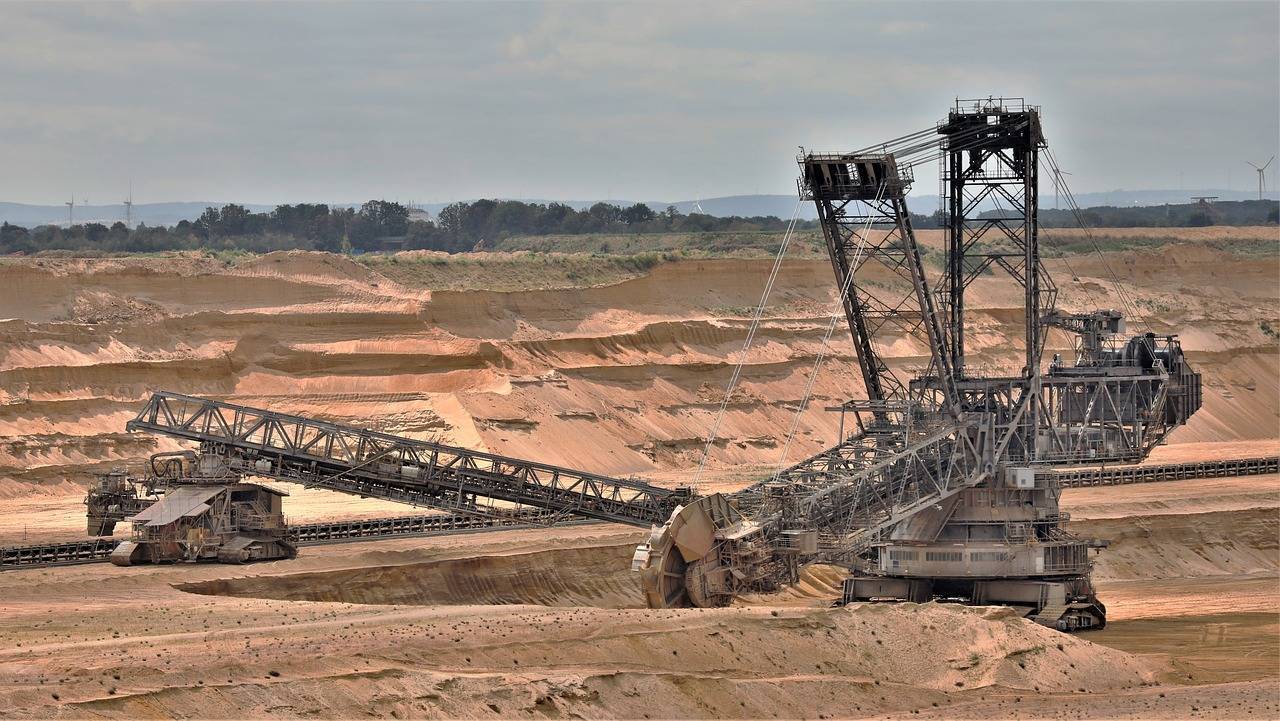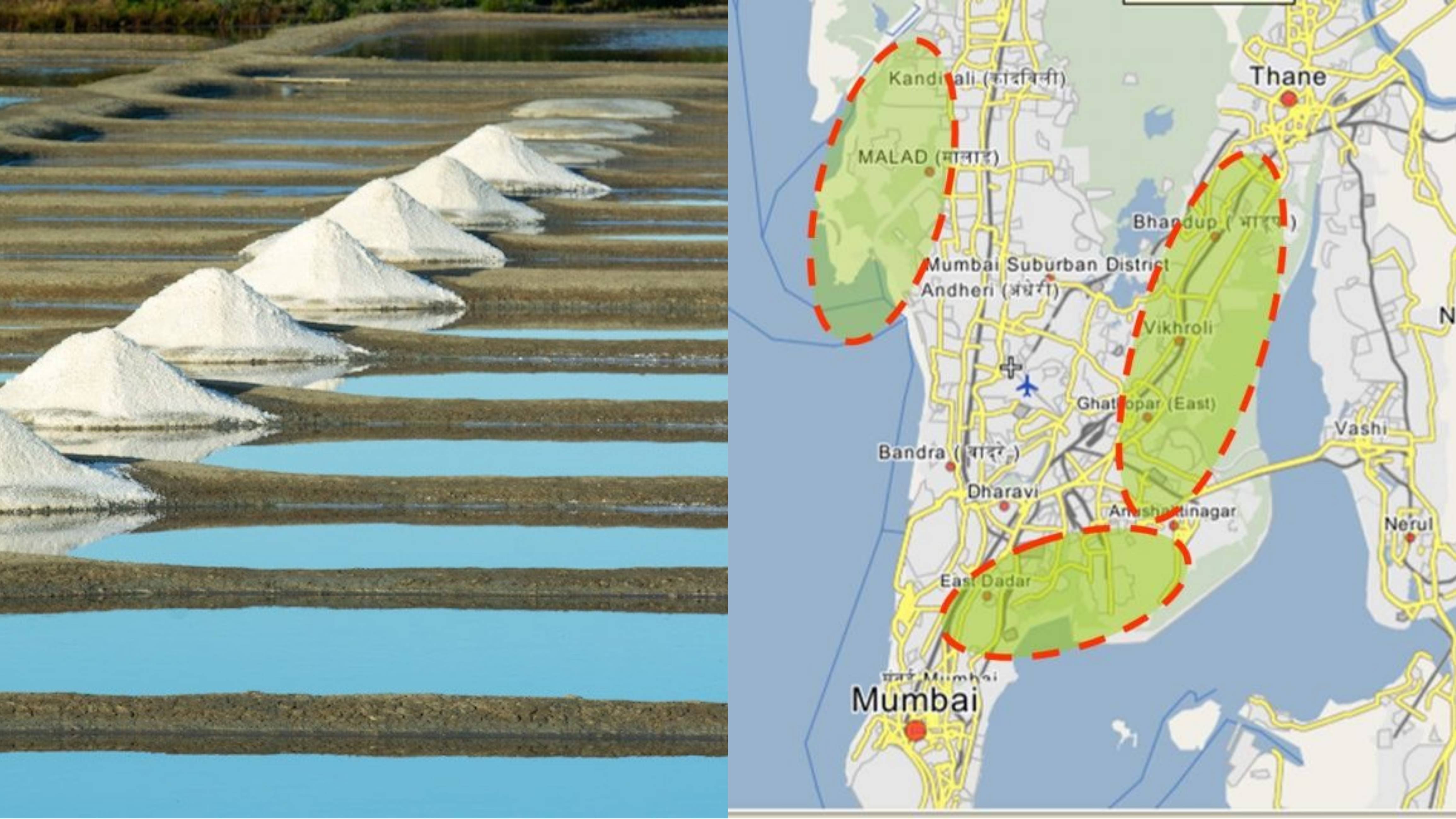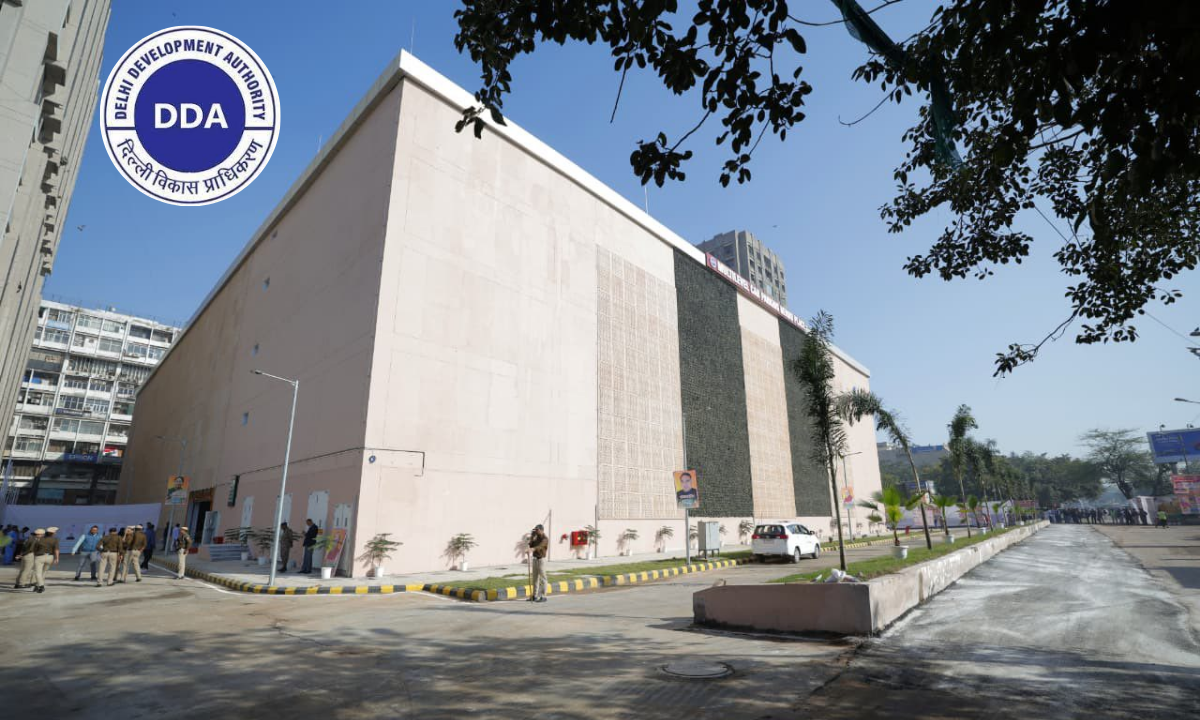Despite the state government's ban on riverbed sand mining since 2016, Kerala continues to grapple with rampant illegal sand mining. According to recent government data, 425 cases of illegal sand mining were registered during the 2023-24 financial year. The data highlights the persistent exploitation of riverbeds in the state, even though sand mining has been banned due to the lack of environmental clearance.
Malappuram and Kasaragod: Hotspots for Illegal Sand Mining
Among the districts, Malappuram recorded the highest number of cases, with 222 incidents, followed by Kasaragod with 91 cases. These figures raise concerns about the state of river ecosystems in these districts, where illegal sand extraction has caused significant environmental damage. This exploitation of natural resources poses a threat to the ecological balance of the rivers, impacting their biodiversity and disrupting water flow.
Conversely, five districts — Thiruvananthapuram, Palakkad, Ernakulam, Alappuzha, and Kottayam — reported no cases of illegal sand mining during the same period. The variation in the number of cases across districts suggests that certain regions are more vulnerable to exploitation, possibly due to varying enforcement levels or local demand for sand in construction projects.
Revenue from Fines and Seized Vehicles
The government’s report also detailed the fines collected from illegal sand mining operations, amounting to ₹2.06 crore in the 2023-24 financial year. In addition to financial penalties, authorities seized 327 vehicles used to transport illegally mined sand. These fines are remitted to the river management fund, which is allocated for river restoration and conservation programs. However, while the fines and vehicle seizures are meant to act as deterrents, the high number of cases suggests that these measures alone are insufficient to curb the illegal activity.
Regulations and the Sand Mining Ban
Sand mining in Kerala is governed by the Kerala Protection of River Banks and Regulation of Removal of Sand Act, 2001. This law, along with its associated rules, regulates the extraction of sand from riverbeds in an attempt to balance development needs with environmental conservation. However, illegal mining persists, largely due to high demand for sand in the booming construction sector.
In 2016, the state government officially banned sand mining from riverbeds, citing concerns over depleting sand deposits and environmental degradation. This ban was put in place as a precautionary measure until sand audit reports could be completed and reviewed.
Sand Audit and Future Prospects for Legal Sand Mining
The state government has conducted sand audits in 32 rivers over the past eight years, with reports now approved. These audits aim to assess the availability of sand in rivers and determine if it is feasible to allow controlled mining in certain locations. The audit findings recommend restricted sand mining in 16 rivers, but only with proper environmental clearances in place.
Despite these findings, the report indicated that minable sand deposits were unavailable in most rivers, leading the government to extend the ban on sand mining in 15 rivers for three more years. This decision reflects the fragile state of the river ecosystems and the limited availability of sand deposits, which are critical for maintaining the integrity of riverbanks and preventing erosion.
The Broader Implications of Illegal Sand Mining
Illegal sand mining has far-reaching consequences beyond environmental degradation. The depletion of sand from rivers leads to increased soil erosion, the collapse of riverbanks, and the destruction of aquatic habitats. In addition, the removal of sand from rivers can affect groundwater recharge, impacting water availability in nearby communities.
As demand for construction materials continues to rise, illegal sand mining presents a growing challenge for Kerala's authorities. The fines and seizures reported in the 2023-24 financial year are steps in the right direction, but more needs to be done to ensure the sustainability of the state’s rivers.
Moving Forward
To address the issue effectively, stricter enforcement of existing regulations is needed, along with better coordination between local law enforcement agencies and environmental experts. Public awareness campaigns could also play a crucial role in educating communities about the importance of protecting river ecosystems and the long-term consequences of illegal sand mining.
The state's ongoing efforts to complete sand audits and regulate mining in a sustainable manner provide some hope for the future. However, as long as illegal mining continues unchecked, the health of Kerala’s rivers—and the livelihoods that depend on them—remains at risk. Effective solutions will require a combination of strict regulation, technological innovation, and public involvement to ensure the preservation of these vital natural resources for future generations.









.png)